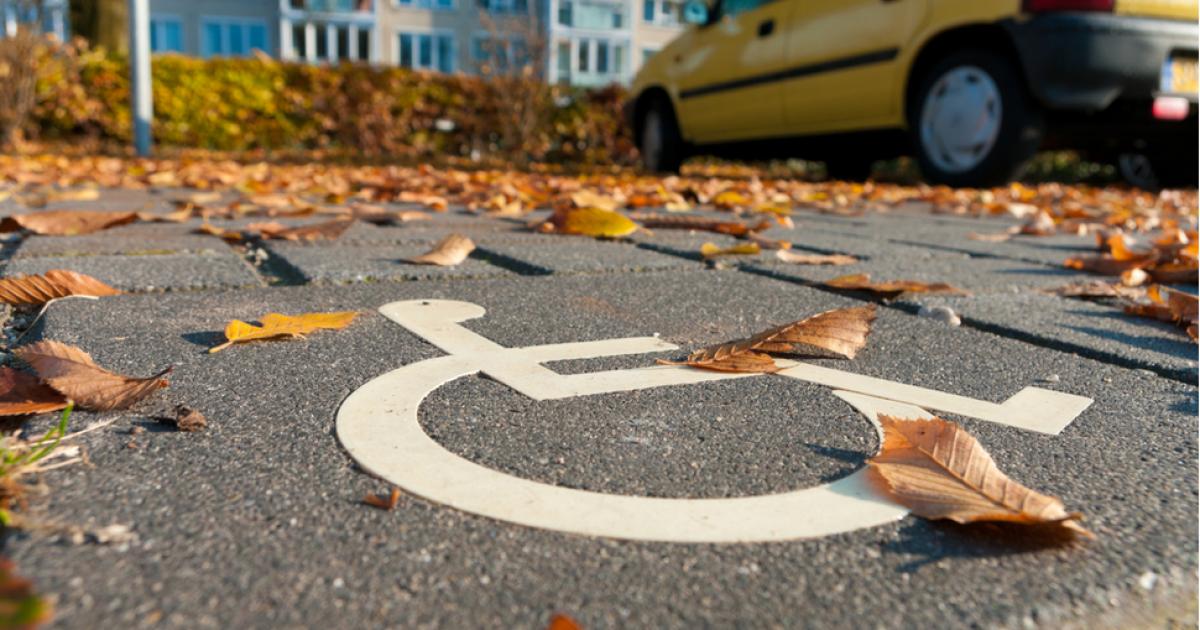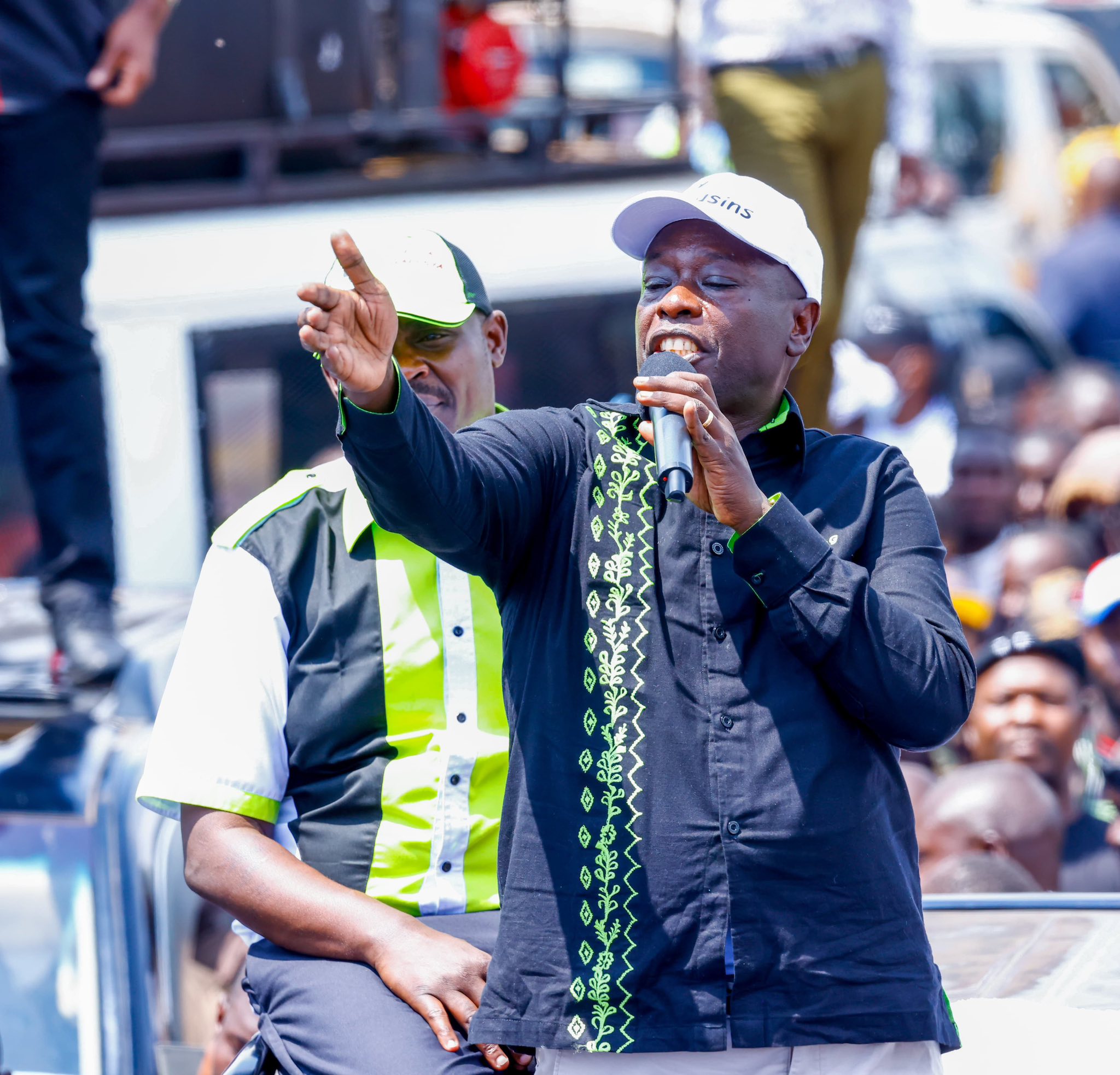Mombasa's Disability Empowerment Under Siege

By Habil Machengo
Mombasa's fight for disability empowerment faces a formidable foe: the soaring cost of living. Just seven years remain to achieve the Sustainable Development Goals (SDGs) globally, and this crisis threatens to derail progress in the city.
Inflation's grip on Mombasa is undeniable. Food, transport, and energy prices skyrocket, while income stagnates and employment opportunities dwindle. This forces residents, especially those with disabilities, to make agonizing choices. Do they eat or pay rent? Do they buy medicine or save for transportation?
These harsh realities push many back to the past, seeking handouts on streets or relying on "non-disabled" individuals. This reliance fosters outdated perspectives rooted in misinformation about disabilities, further hindering progress.
A walk through Mwembe Tayari paints a grim picture. Visual and physical disabilities become readily visible as individuals navigate traffic with cups, begging for survival. It's a heartbreaking reality, a stark reminder of the struggle for basic needs amidst a rising tide of inflation.
Mombasa is far from the vision of disability empowerment outlined in the SDGs. It teeters on the brink of disempowerment. Urgent action is needed to dismantle this barrier. Local and national governments, disability advocates, and civil society organizations must unite to accelerate empowerment initiatives.
Despite the challenges, there are glimmers of hope. Signs Television's commitment to disability empowerment through initiatives like the Uhai Festival offers opportunities for talent to flourish. While such efforts are commendable, they remain insufficient. The need for a comprehensive and sustained strategy is paramount.
Furthermore, Mombasa's geographical location makes it particularly vulnerable to the effects of climate change. Extreme weather events like El Niño rains disproportionately impact individuals with disabilities, disrupting access to essential services, water sources, and sanitation infrastructure.
Therefore, climate action must be inclusive and ensure the protection and fulfillment of human rights for all, including individuals with disabilities. Integrating their rights into climate laws, policies, and programs is crucial to building a resilient and equitable future.
Tags: Signstv Mombasa County Sdg Sdgs


